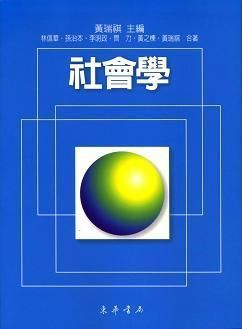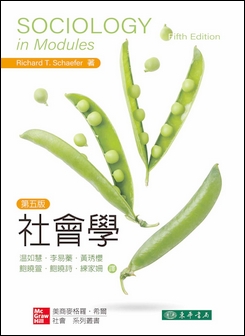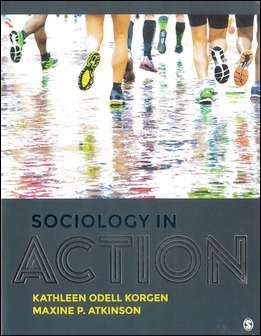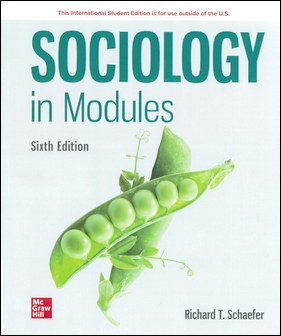書籍分類
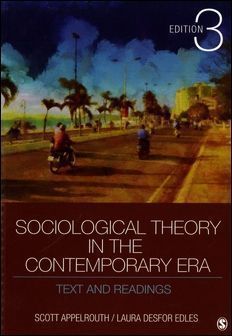
Sociological Theory in the Contemporary Era: Text and Readings 3/e
作者:Scott Appelrouth, Laura Desfor Edles
原價:NT$ 1,850
ISBN:9781452203607
版次:3
年份:2016
出版商:SAGE Publications
頁數/規格:675頁/平裝單色
參考網頁:Sociological Theory in the Contemporary Era: Text and Readings 3/e
版次:3
年份:2016
出版商:SAGE Publications
頁數/規格:675頁/平裝單色
參考網頁:Sociological Theory in the Contemporary Era: Text and Readings 3/e
內容介紹 本書特色 目錄 作者介紹
- Description
Sociological Theory in the Contemporary Era, Third Edition is a text/reader that introduces students to the ideas and writings of key twentieth and twenty-first century theorists. Authors Scott Appelrouth and Laura Desfor Edles combine original texts, edited for classroom use, with extensive framing discussions that provide crucial biographical, historical, and theoretical context for readings. The book also provides an over-arching scaffolding that students can use to examine, compare, and contrast each theorist’s major themes and concepts. This unique format, combined with frequent use of photos, tables, and diagrams, makes Sociological Theory in the Contemporary Era a lively, engaging, and “student-friendly” introduction to the world of contemporary theory.



